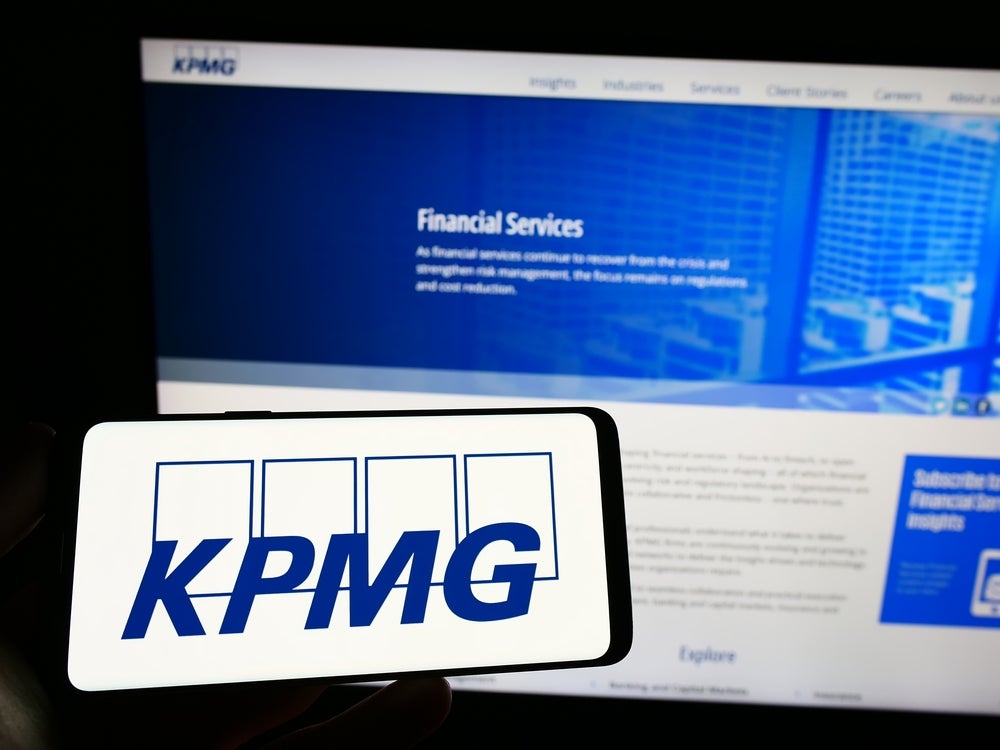
The Financial Conduct Authority (FCA) has announced a formal end to nearly all Libor rates at the end of 2021.
Libor, which stands for London Interbank Offered Rate, is a benchmark interest rate at which major global banks lend to one another in the international interbank market for short-term loans.
The move to discontinue the index puts pressure on markets to complete their biggest change in decades.
In the announcement the FCA said:
“The interest rate benchmark Libor is being wound down. End dates have been announced for all the Libor panels. Firms must take appropriate action to transition to alternative rates. Find out more about ongoing transition initiatives and actions we are taking to facilitate the transition.”
The basis for consumer loans rates
For more than 40 years, Libor has been used as the foundation for consumer loans in countries around the world, so it impacts consumers just as much as it does financial institutions.
How well do you really know your competitors?
Access the most comprehensive Company Profiles on the market, powered by GlobalData. Save hours of research. Gain competitive edge.

Thank you!
Your download email will arrive shortly
Not ready to buy yet? Download a free sample
We are confident about the unique quality of our Company Profiles. However, we want you to make the most beneficial decision for your business, so we offer a free sample that you can download by submitting the below form
By GlobalDataThe interest rates on various credit products such as credit cards, car loans, and adjustable-rate mortgages fluctuate based on the interbank rate.
This change in rate helps determine the ease of borrowing between banks and consumers.
The big scandal: Libor manipulation
Nearly a decade ago, there was a highly-publicised scheme in which bankers at several major financial institutions colluded with each other to manipulate the Libor rate.
The scandal sowed distrust in the financial industry and led to a billions in fines, lawsuits, and regulatory actions.
Although the scandal came to light in 2012, there is evidence suggesting that the collusion in question had been ongoing since as early as 2003.
Many leading financial institutions were implicated in the scandal, including Deutsche Bank, Barclays, Citigroup, JPMorgan Chase, and the Royal Bank of Scotland.
As a result of the rate fixing scandal, questions around Libor’s validity as a credible benchmark rate have arisen and it is now being phased out.






